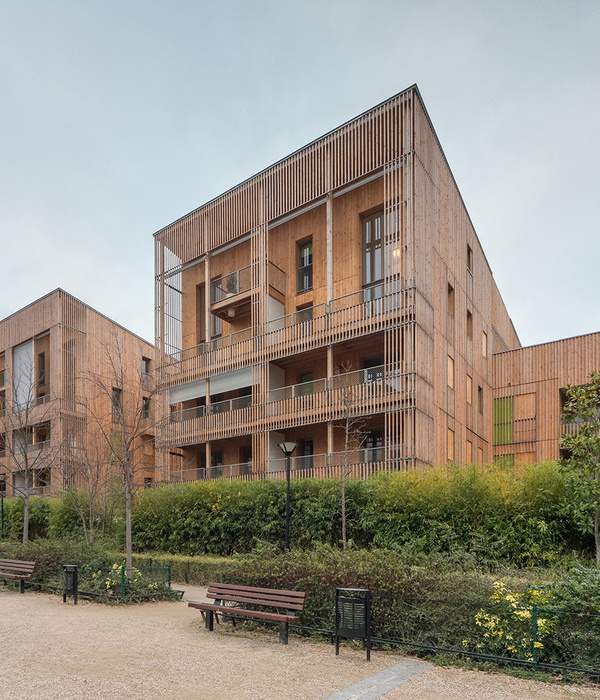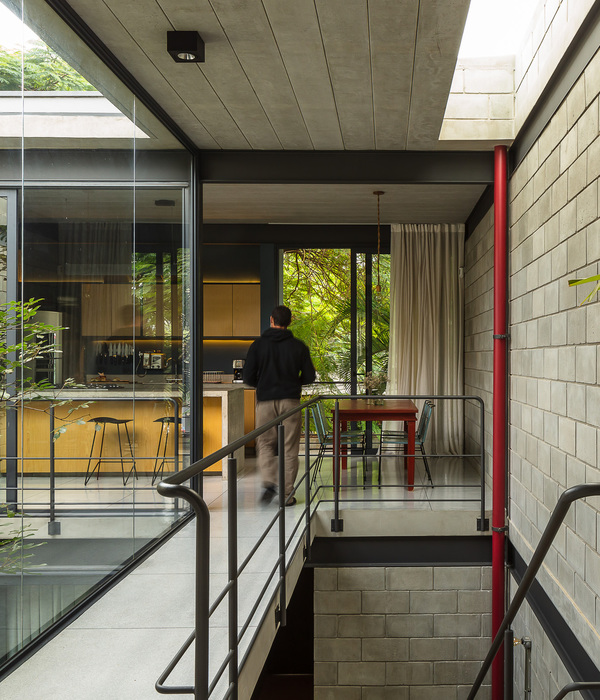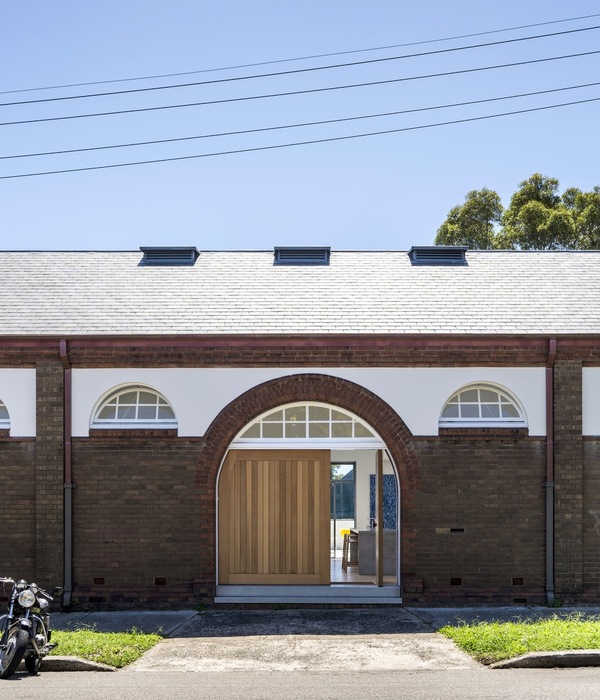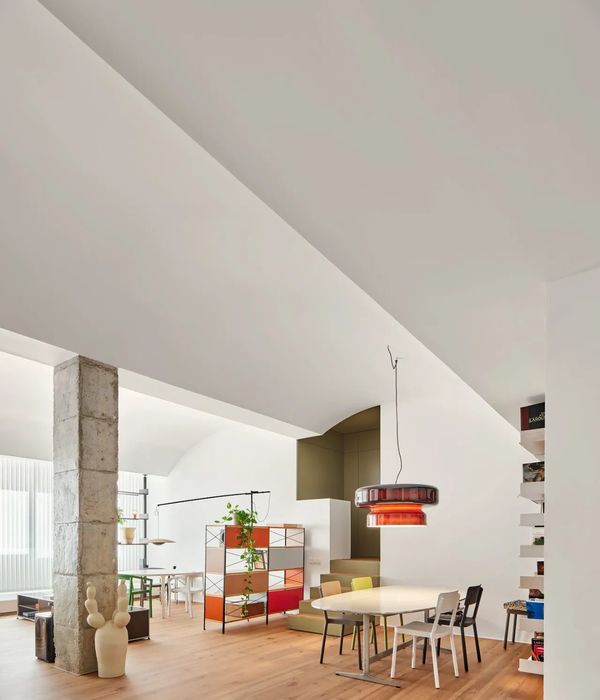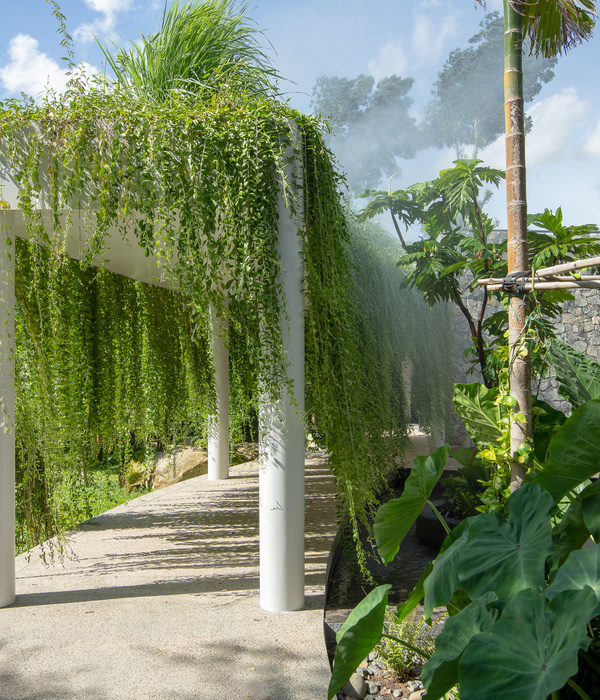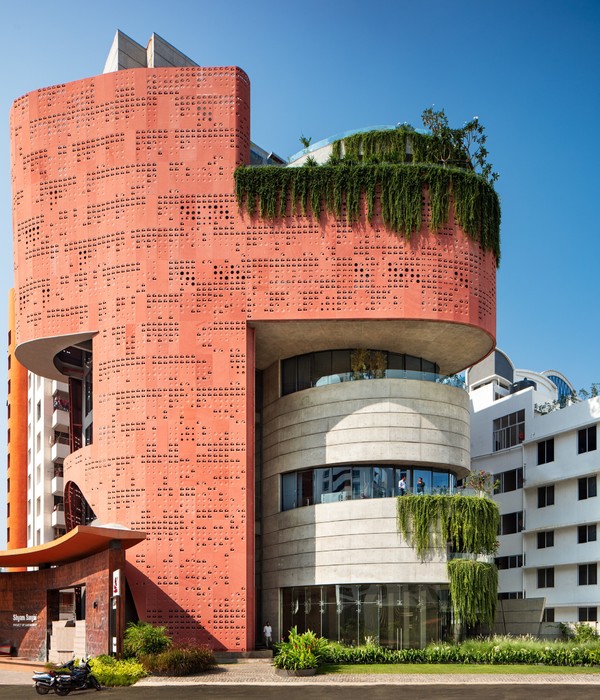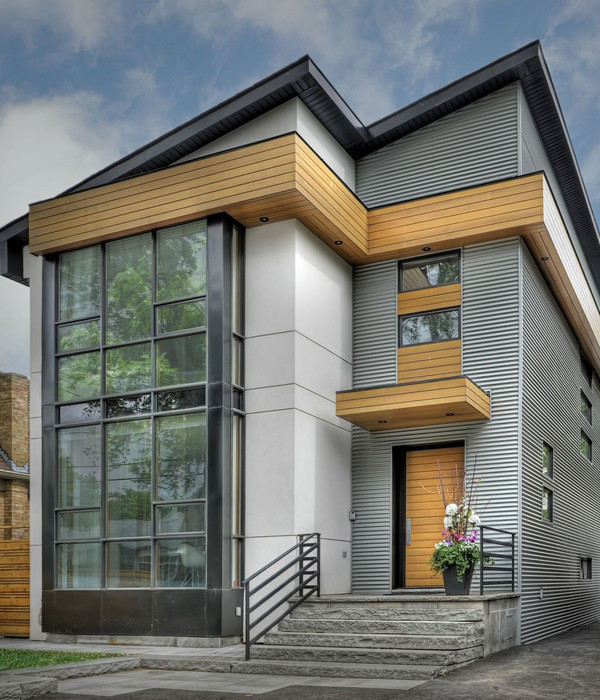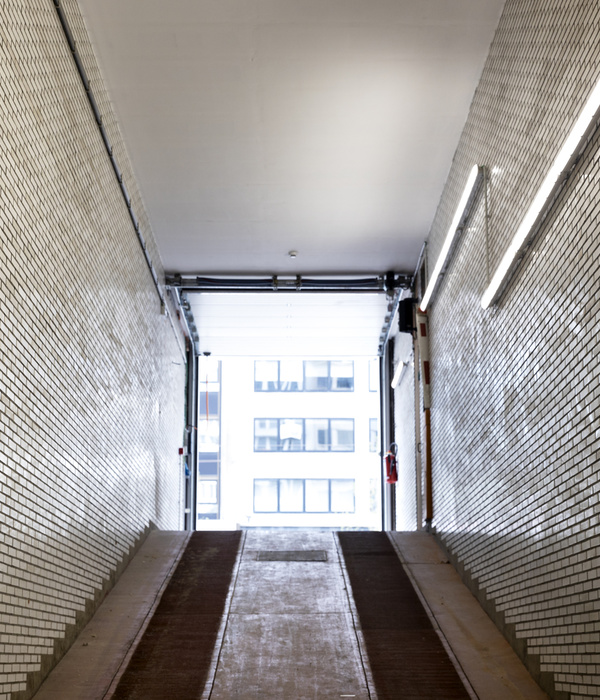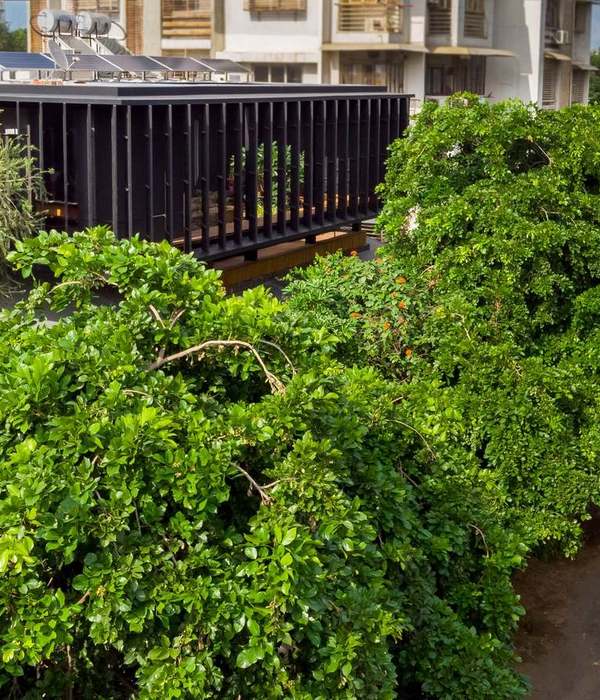Villa Icaria, recalling the utopian proposal of Étienne Cabet, seeks to establish a new relationship between country and city, creating a meeting place, an opportunity to once again fill the rural environment with contemporary urban activities. Its volumes are intertwined with nature on the banks of the Tagus. Its solids and cavities describe this double quality. The stone, the rural organicism and the shadow, give way to the glass, the light and the synchronic space.
The floor of the building unfolds two hugs, who comes and who lives, creating a small town articulated around two courtyards-squares. These volumes alternate interior spaces of two types: those that are crossed by the landscape and those that are sheltered inside the stone volumes, capturing visual fragments. The entire construction is the work of local masons and local materials have prevailed in this return to the essential, the finishes are raw: the exposed concrete vaults, the rustic plastering of the interior walls and the polished concrete floors connecting with the logic of the rural.
Permeability, spatial continuity and intimacy follow one another. The house aims, in short, to offer an alternative to the city, but linked to it; a place of return to the origins, creating a refuge where to develop the hyper-connected technological activity of the 21st century. The project includes different intentions -search for the best views of the river, conservation of existing trees, sustainability, self-sufficiency- to configure a whole with meaning.
{{item.text_origin}}


